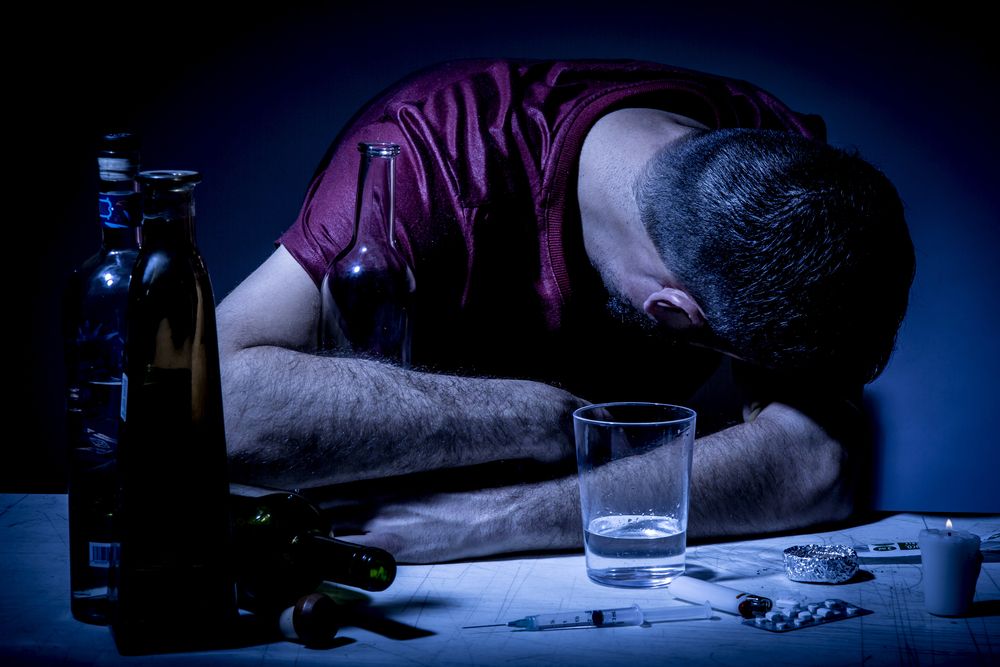For some people seeking help with any of the many types of addiction, private therapy and drug help may be the best option, whether for the initial stages of drug and alcohol rehabilitation or for on-going support after completing treatment at a residential program. In some cases, private therapy is the best option.
Structure of private rehabilitation
A licensed healthcare professional, ideally a psychiatrist or psychologist specializing in this field, typically conducts private rehabilitation for drug and alcohol abuse. Because of the individualized nature of this form of treatment, the counseling professional is able to provide a more thorough evaluation of the individual’s condition, allowing a greater opportunity to identify all issues that may be involved. Because of this, an all-encompassing treatment approach can be created that does not overlook any factor, increasing the effectiveness of the rehabilitation program. Private rehabilitation normally involves outpatient settings.

Why choose private rehabilitation
Some of the reasons private rehabilitation is preferred could be because of:
- the identity or reputation of the person seeking treatment,
- the assessment process determined that this will deliver the best results,
- a lack of available group treatment facilities,
- insurance may fund private therapy rather than other approaches, or
- the individual has left a rehabilitation center and has begun to reintegrate.
Private rehabilitation programs
Private therapy has access to a range of treatment methodologies, and because it is in a one-on-one format, can combine processes in a manner that best meets the needs of the individual seeking treatment. Depending on the situation, the therapist may recommend individual counseling sessions, family counseling, or other counseling and therapy methods that can help. The counselor may even recommend attending group or 12-Step sessions if that is what is best.
The greatest advantage private therapy offers is the ability to provide on-going treatment for as long as the patient needs it without creating a severe disruption in daily routines, and therapy can be adjusted as needed. Because most private therapy is in an outpatient setting, the individual is able to go about his or her daily activities during the different stages of recovery.
Private rehabilitation in an in-patient environment
Some in-patient treatment centers may recommend private therapy sessions for patients under certain conditions. There may be situations in which an individual is not progressing in larger group environments, and private counseling sessions could be more productive; the goal in these situations is to gradually bring the individual back into the general counseling therapies offered by the center.
Private rehabilitation may also begin at the start of the rehab process during detoxification. In this setting, the main purpose is to conduct a general assessment of the individual in order to gather basic data about the addiction or to determine if there is a co-occurring disorder. Following this, the information is reviewed, and recommendations are made regarding rehabilitation options.

For those seeking help with addiction and substance abuse, private rehabilitation may be the best option available. However, the first step is to seek help. Once that decision is made, Addiction Treatment Helpline can provide you with information to help you locate a rehabilitation center or professional that fits your needs.
